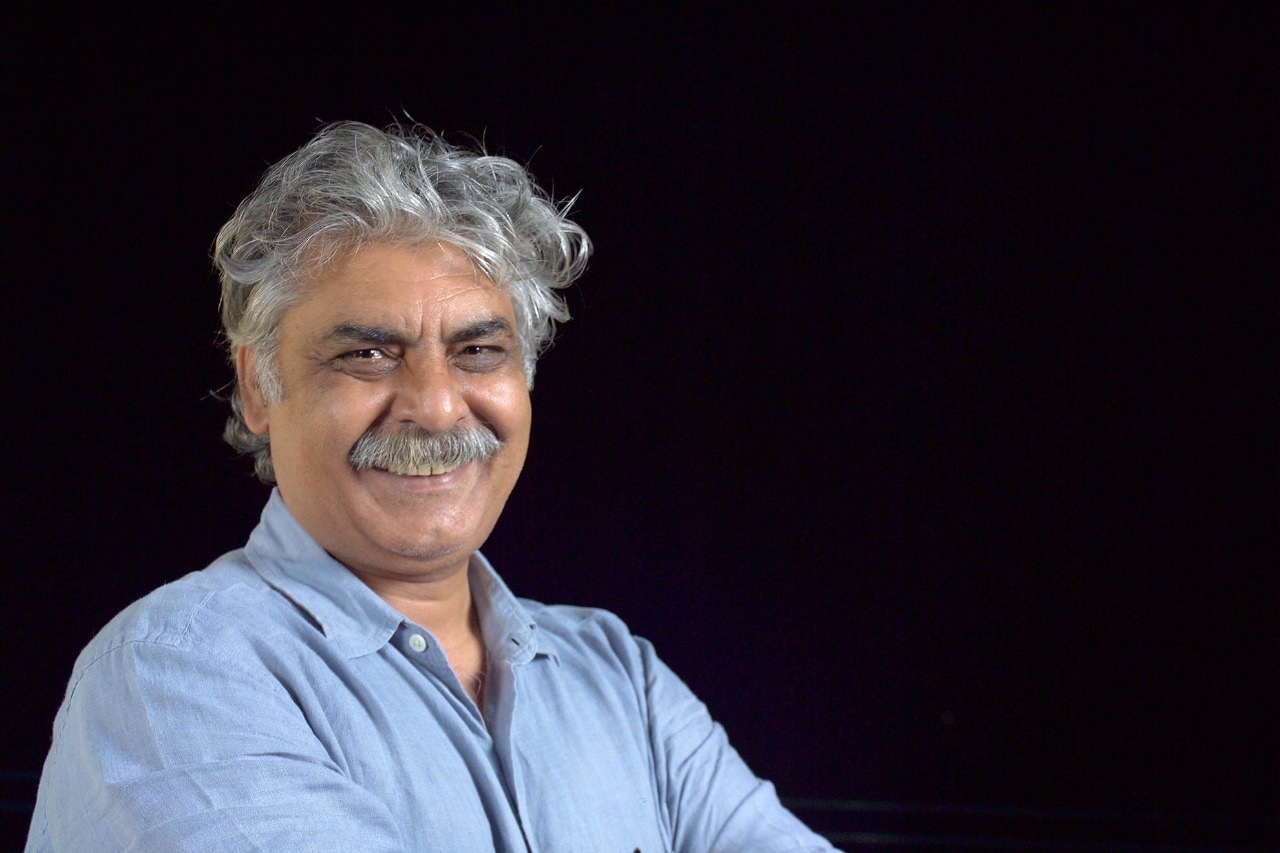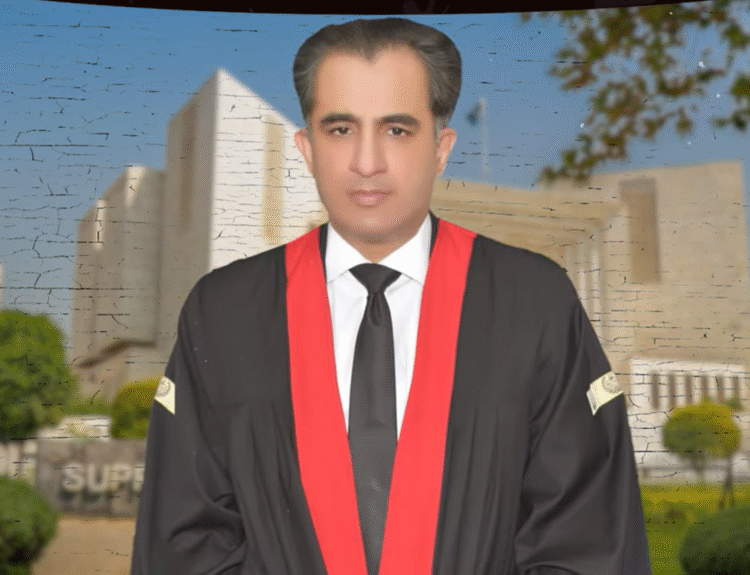–By Khalid Hussain*
The special court’s 2-1 split judgement handing death sentence to former President General (R) Pervez Musharraf under Article 6 of the Constitution has ushered the country into unchartered terroritory. However, it is well within the confines already defined by the Constitution of Pakistan though it is the very first time in Pakistan’s history that a military chief has been declared guilty of abrogating the Constitution and imposing an emergency in the country.
Understandably, the armed forces are disturbed at the judgement. So is the government of Prime Minister Imran Khan that earlier moved the Islamabad High Court to stop the special court from announcing its verdict in the long-drawn high treason case against General (R) Musharraf.
The treason case against him was lodged in December 2013 by the then government of Prime Minister Nawaz Sharif. Musharraf was indicted on March 31, 2014. Prosecution was completed in in September of the same year. However the trial lingered on owing to appellate litigation at different fora. General (R) Musharraf left Pakistan in March 2016 to seek medical treatment. He has not come back since promising to come back in “a few weeks”.
Article 6 of the Constitution says: “Any person who abrogates or subverts or suspends or hold in abeyance, or attempts or conspires to abrogate or subvert or suspend or hold in abeyance the Constitution by use of force or show force or by any other unconstitutional means shall be guilty of high treason.” The punishment for high treason is death or lifetime imprisonment, according to the High Treason (Punishment) Act, 1973.
Genreral (R) is bound to appeal the verdict in the Supreme Court. The high treason trial for imposing the state of emergency on Nov 3, 2007 had been pending since December 2013. In his extra-constitutional actions of 2007, Musharraf imposed a state of emergency and placed several key judges under house arrest including former Chief Justice of Pakistan Chaudhary Iftikhar Ahmad in Islamabad.
The verdict was first reserved by the court on November 19 saying it would be announced on Nov 28, however, the Pakistan Tehreek-i-Insaf (PTI) government sought deferment through a writ petition to the Islamabad High Court (IHC) requesting “the special court be restrained from passing final judgement in the trial”. Meanwhile, General (R) Musharraf also challenged the formation of the special court holding his high treason trial. He prayed in to the Lahore High Court (LHC) to stay the trial at the special court until his earlier petition pending adjudication by the high court is decided.
The IHC restrained the special court on November 19 from issuing its reserved verdict. The IHC also directed the government to notify a prosecution team that appeared before the special court On December 5. The special court was adjourned till December 17 to hear arguments and to announce the verdict the same day.
The groundbreaking decision handing down a death sentence to former Chief of the Army Staff and President of Pakistan unequivocaly strengthens constitutional democracy in Pakistan by declaring the constitution cannot be suspended. The Judgement also introduces institutional equilibrium within the pillars of State as laid down in the Constitution. In the process, it does boost the judiciary as a pillar of the State by asserting the concept of civilian supremacy.
It has been rather apparent that the higher judiciary has been mindfully correcting the power imbalances that keep the state skewed in Pakistan. From the formation of a full bench to hear the petition by Justice Qazi Faez Isa to the decision of the Chief Justice of Pakistan to hear in a larger bench the case of internment camps run by the army in the former tribal areas, the judicial intent for a constitutionally sustainable dispensation has been rather obvious.
The Reference against Justice Qazi Faez Isa by the President of Pakistan in the Supreme Judicial Council has provided the opportunity for the full court to review how judges of the superior courts can be removed from office. It has become obvious that the arbitrary nature of the constitutional authority under Article 209 will soon be tampered with binding procedures. Today leading lawyer Hamid Khan argued in four different petitions filed by the Supreme Court, Quetta and Punjab High Court Bar Associations that the formation of opinion by the President before sending a reference for the removal of a judge of the supreme court must be based upon a legally defined process as advice by the prime minister is not binding being only information in nature.
It was thus very apt when talking to TLTP, counsel for Justice Qazi Faez Isa Mr. Munir A. Malik Advocate supreme court noted in a light vein that balancing trichotomy of powers as provided for in the Constitution of Pakistan was a tough call. Liking it to juggling three balls in the air, he noted it is not going to be easy “Especially when you are used to playing with only one ball!”
* Khalid Hussain is editor of The Law Today Pakistan (TLTP) news agency.




